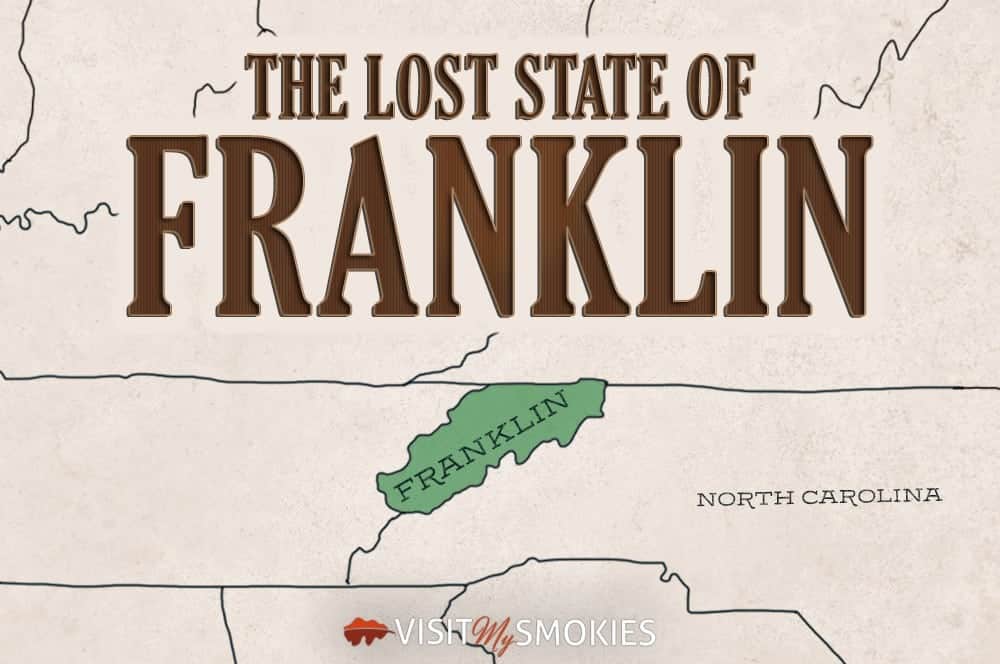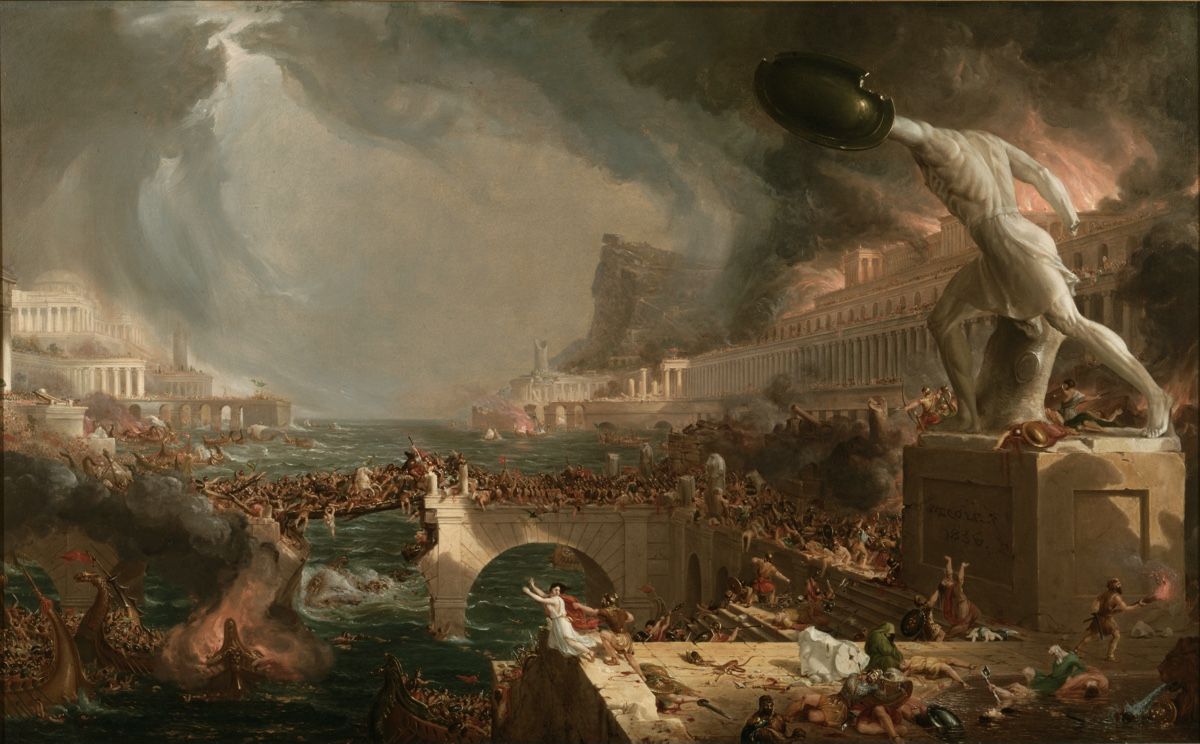Imagine waking up to find the sun hidden behind a mysterious veil of darkness for 18 months straight. This nightmarish scenario became reality in 536 AD when a massive volcanic eruption transformed our world. Temperatures plummeted across the globe while crops withered in fields worldwide. People faced starvation as harvests failed repeatedly throughout Europe and Asia.

Image credit: Explorers Web
The effects of this catastrophic event rippled through society in ways we still feel today. Communities had to adapt their farming methods and create new food preservation techniques. The volcanic winter sparked unprecedented cooperation between different regions as people sought to survive. Modern scientists studying ice cores from this period have found crucial data that helps predict future climate patterns.
In the chaotic aftermath of the American Revolution, four counties in what is now eastern Tennessee declared themselves an independent state. This forgotten territory called Frankland emerged from economic hardship and political uncertainty. The rebellious counties established their own government, currency, and trade agreements with Native American tribes.

Image credit: Visit My Smokies
Though Frankland lasted only four years, its impact on American federalism remains significant. The failed state experiment led to important discussions about state sovereignty and federal authority. These debates helped shape the relationship between state and federal governments that we see in modern America. The story of Frankland continues to influence conversations about states rights and territorial autonomy.
Wall Street faced an unprecedented crisis in 1958 when two traders cornered the onion futures market. Their manipulation caused onion prices to swing wildly from $2.50 per bag to a mere 10 cents, devastating farmers nationwide. This agricultural catastrophe led to the first and only commodity-specific trading ban in American history.

Image credit: Bloomberg
The aftermath of the onion crisis fundamentally changed how we regulate commodity trading. Congress passed laws preventing similar market manipulations, protecting both farmers and consumers. These regulations continue to influence modern financial markets and trading practices. The incident serves as a cautionary tale about market manipulation and the need for proper oversight.
Japan’s feudal period witnessed the rise of remarkable female warriors known as Onna-bugeisha. These skilled fighters protected their households and communities while maintaining equal status with male samurai. They mastered the art of naginata combat and played crucial roles in defending their domains.

Image credit: JSTOR Daily
The decline of Onna-bugeisha came with the spread of neo-Confucian philosophy, which restricted women’s roles in society. However, their legacy lives on in modern Japanese martial arts and cultural practices. Their story has become a powerful symbol in contemporary gender equality movements, inspiring discussions about women’s historical roles in warfare and leadership.
References:
536 Was a Garbage Year for Mankind – link
Apocalypse Then: The Volcanic Winter of 536AD – link
The True Story of the Short-Lived State of Franklin – link
Onna-Bugeisha, the Female Samurai Warriors of Feudal Japan – link
Categories: Cultural Heritage, Do you know, Historical Mysteries, History, World Events
Tags: climate change, commodity trading, female warriors, Frankland, Historical Events, Japanese history, market crisis, Volcanic Winter
Religion: Various
Country of Origin: Japan, United States, World
Topic: Historical Events
Ethnicity: Various



Such a well-written piece. It kept me engaged from start to finish.